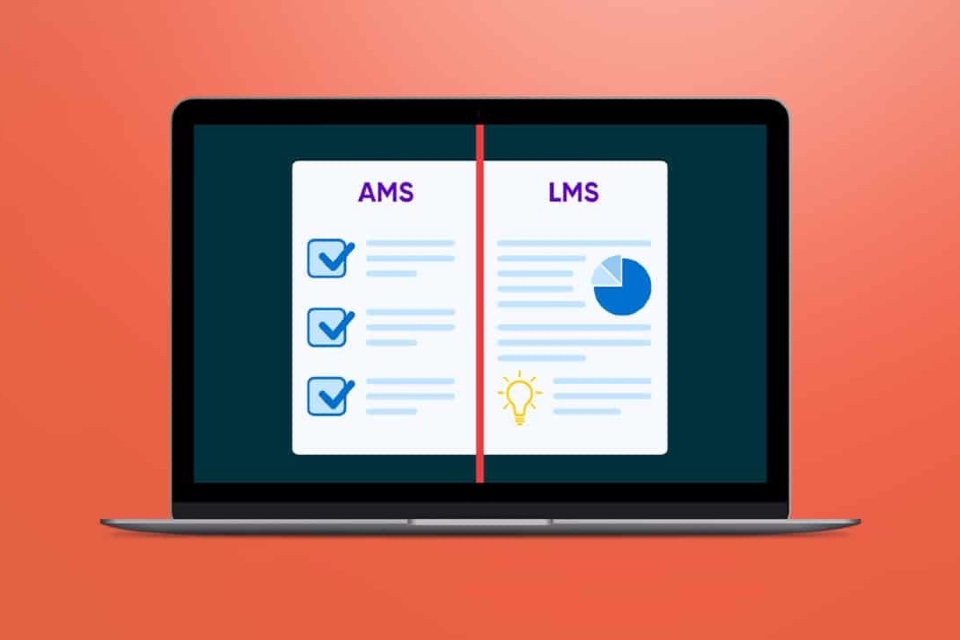Recent shifts in approach to succession planning reflect a deeper understanding of its importance in organisational resilience and growth. In the UK, where businesses face a rapidly evolving economic landscape, these trends have significantly influenced HR operations.
One of the key trends in succession planning is the broadening of its scope. Traditionally focused on top leadership roles, modern succession planning in the UK now encompasses a wider range of positions across the organisational hierarchy. This approach acknowledges that the impact of unplanned departures is not limited to the C-suite. HR departments are increasingly identifying key roles at all levels and developing talent pools to ensure business continuity in every function.
Another trend is the integration of succession planning with broader talent management strategies. UK businesses are increasingly recognising that effective succession planning is not a standalone process but is closely linked with employee development, performance management, and career planning. HR operations now often include regular talent reviews, identifying potential leaders early and providing them with tailored development programs, mentorship opportunities, and varied experiences across the business.
The use of technology and data analytics in succession planning has also gained prominence. Advanced HR software systems now enable more effective tracking of employee skills, performance, and career aspirations. Predictive analytics is being used to identify potential leadership gaps and to assess the readiness of potential successors. This technological shift allows HR departments to make more informed, data-driven decisions and to proactively manage succession risks.
Diversity and inclusion (D&I) have become central to succession planning. In response to broader social movements and changing demographics, there is a conscious effort to ensure that leadership pipelines are diverse. This focus has led HR teams to actively seek and develop talent from underrepresented groups, ensuring that leadership opportunities are accessible to all. This approach not only promotes fairness but also brings diverse perspectives to leadership teams, enhancing decision-making and innovation.
Furthermore, the increasing pace of change in business models and industries necessitates more flexible and dynamic succession plans. HR departments are moving away from rigid, long-term plans to more agile approaches. This involves regularly updating succession strategies to reflect changes in business strategy, market conditions, and employee circumstances.
Lastly, the COVID-19 pandemic has underscored the importance of having robust succession plans in place. HR departments have had to adapt quickly to unexpected changes, such as the need for emergency successors in critical roles. This experience has reinforced the need for succession plans to be versatile and regularly reviewed.
Trends in succession planning have led to its evolution from a static, top-level exercise to a dynamic and integral part of talent management. These changes have significantly influenced HR operations in the UK, prompting a more holistic, data-driven, and inclusive approach. As businesses continue to navigate an uncertain and changing environment, effective succession planning will remain a key factor in their sustainability and success.
Are you searching for Succession Planning expertise to help you business? The HR Summit can help!
Photo by Rodeo Project Management Software on Unsplash






